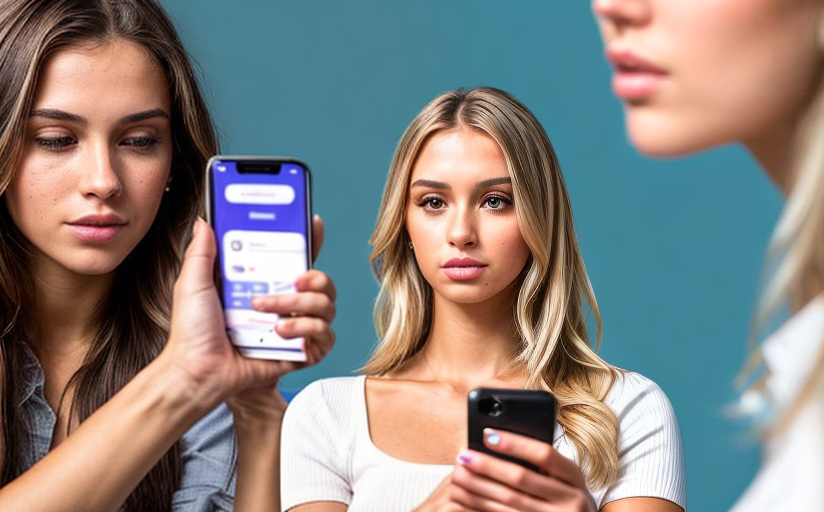The Role of Social Media in Shaping Unhealthy Beauty Standards
Introduction
In the age of digital technology, the influence of social media in crafting societal paradigms cannot be overlooked. One of the major concerns in this respect is the role of digital platforms in creating and fostering unrealistic beauty standards. This phenomenon is shaping the self-image of internet users worldwide, leading to overwhelming expectations and various psychological and emotional problems.
The Influence of Digital Platforms
Social media platforms are no longer merely interaction venues. People often search for validation, acceptance, and a sense of belonging here. The logic 'the more likes you receive, the more beautiful you are seen' promotes an unhealthy outlook on personal worth and attractiveness.
Popular social media platforms, including Instagram, Facebook, Snapchat, and TikTok, inadvertently encourage users to showcase the 'best version' of their reality. Models, influencers, celebrities, and ordinary users are pressured to present an idealistic aesthetic often involving a slim figure, flawless skin, and impeccable fashion styling.
Comparing Social Media Platforms
Beauty standards vary to some degree across different social media platforms:
- Instagram: Frequently hosts a glut of perfectly posed, filtered, and edited pictures promoting 'Instagrammable' perfection.
- Facebook: Highlights beauty trends with more emphasis on social acceptability than Instagram's extreme perfectionism.
- Snapchat: Famous for its filters that alter users' appearances to conform to predetermined aesthetic norms.
- TikTok: Trending challenges often revolve around transformation narratives, promoting the 'ugly to beautiful' trope.
The Psychological and Emotional Impact
Adherence to these unrealistic beauty standards imposed by social media often leads to a distorted body image, low self-esteem, and severe mental health issues like depression, anxiety, and eating disorders. Many users, particularly adolescents, end up feeling inadequate and unattractive if they cannot align themselves with these beauty expectations.
Towards Solutions
There is a pressing need for individuals, communities, and social media companies to take decisive action against these unrealistic beauty norms. Individuals must be encouraged to consume digital content responsibly and critically. Communities must promote body positivity, acceptance, and the celebration of diverse beauty norms. Social media companies need to take more responsibility for their role, possibly regulating the nature of content related to beauty through stricter policies.
Self-Acceptance and Diverse Beauty Appreciation
Emphasizing self-acceptance and the appreciation of diverse beauty forms is crucial to combatting unrealistic beauty expectations. Positive movements such as #NoMakeup, #BodyPositivity, and #LoveYourself have gained traction online, promoting the acceptance of diverse body types, skin tones, and beauty norms. However, there is a need for more such initiatives that celebrate the true diversity of human beauty, empowering individuals to embrace their unique appearances.
Conclusion
The detrimental impacts of social media's beauty standards necessitate a change towards broader acceptance and celebration of diverse beauty norms. We must all recognize and embrace the truth that beauty cannot and should not be standardized, lest our digital landscape continues to foster harmful body ideals.



















Comments
Leave a Comment